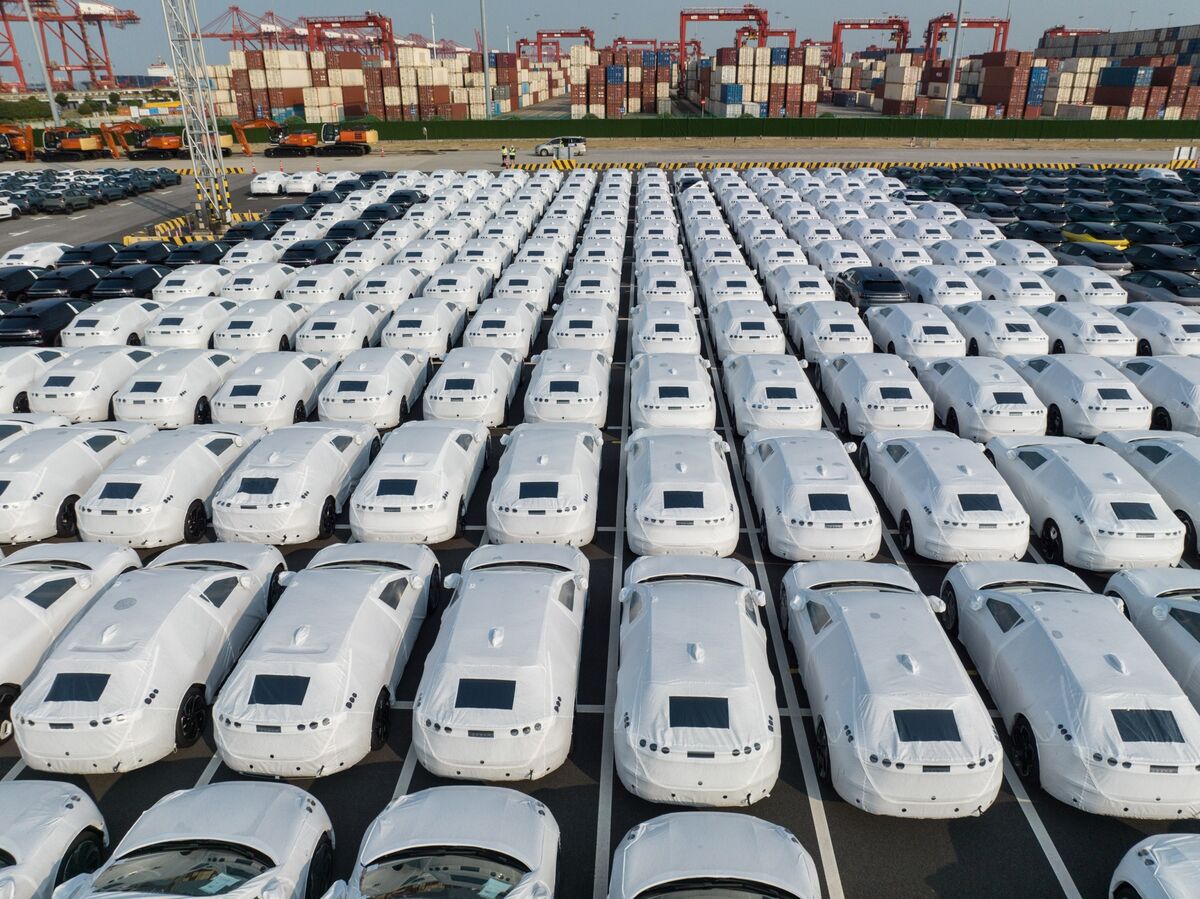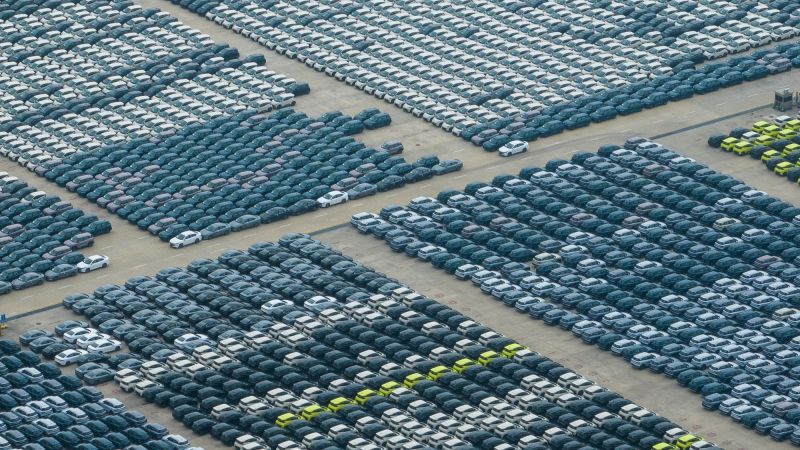
The European Union (EU) has announced new tariffs on electric vehicles (EVs) imported from China, following an investigation into unfair subsidies in the Chinese EV industry. The EU will impose provisional duties ranging from 17.4% to 38.1% on imports of EVs from China, effective around July 4, 2024. This decision comes amid growing trade tensions between the EU and China and could escalate into a global trade war.
The European Commission opened an investigation last fall to determine whether the Chinese government was effectively subsidizing its production of electric cars and sending them to Europe at artificially low prices, which poses a threat of injury to EU industry. The investigation focused on three leading Chinese EV manufacturers: BYD, Geely, and SAIC.
The European automotive sector provides nearly 13 million jobs across the 27-nation bloc and is the world's second-largest market for electric vehicles after China. Imports of electric cars from China reached €11.5 billion ($107 billion) last year, up from €1.6 billion in 2020, generating a trade surplus of over €100 billion ($98.34 billion). About 37% of all electric vehicles imported to Europe come from China.
The EU's decision to impose tariffs on Chinese EV imports has been criticized by several European automakers that fear it will drive up prices, scare off customers, and lead to costly retaliation from China. The European Commission defends the action, stating that an investigation found that the electric-vehicle supply chain in China benefits heavily from unfair subsidies and poses a threat of clearly foreseeable and imminent injury to EU industry.
Chinese EV manufacturers have been pushing more aggressively into Europe amid a domestic price war and years of building a lead in the technology. The tariffs will impact companies like BYD, Geely, SAIC, Tesla, Nio, and Chinese EV startup Leapmotor.


